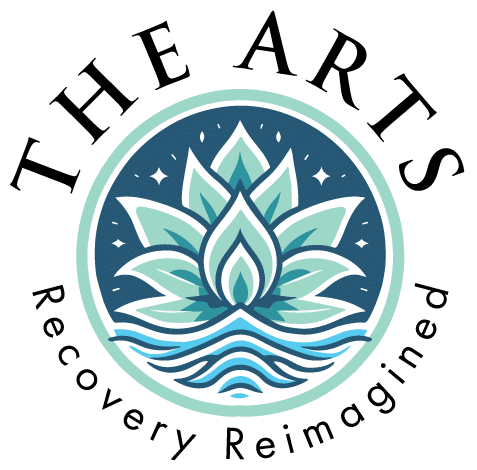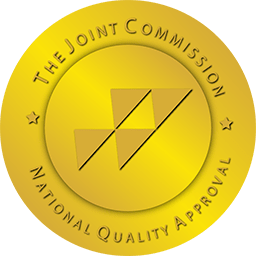Addiction is an issue that profoundly affects individuals and our society as a whole. Whether it shows up as substance abuse, compulsive behaviors, or other addictive tendencies, its impact can be severe, causing problems related to relationships, health, and personal growth.
Understanding the neuroscience behind addiction is crucial to uncover its mechanisms and create effective interventions. By exploring how addictive behaviors affect the brain’s reward system, we can learn more about how substances and behaviors take over this circuitry, leading to cravings and impaired decision-making.
The Brain’s Reward System
The brain’s reward system influences our actions and reactions to stimuli. When we participate in activities that bring joy or fulfillment, like enjoying food or receiving compliments, the brain releases neurotransmitters, such as dopamine, that trigger sensations of pleasure. This positive reinforcement motivates us to seek similar experiences in the future, aiding in our survival and evolutionary progress.
Dopamine, often referred to as the “feel good” chemical messenger, plays a role in addiction. Its impact on regulating the brain’s reward system is profound, since it facilitates pleasure and reinforcement. In cases of addiction, the brain’s reaction to substances or addictive actions becomes disrupted, resulting in dopamine release. This surge of dopamine generates feelings of bliss, reinforcing addictive behavior patterns and urging individuals to pursue the substance or activity despite adverse outcomes.
When people engage in substance use or repetitive behaviors, their brain undergoes changes that affect the sensitivity of their dopamine receptors and lessen the joy they feel from activities. As the brain’s reward system becomes less responsive to rewards, individuals may find it hard to stay motivated, feeling tired, indifferent, and unable to enjoy things. Tasks that used to bring joy may now feel overwhelming, fueling the cycle of addiction as individuals turn to substances or compulsive behaviors for relief from stress.
Addiction Changes Your Brain
Neuroplasticity, the brain’s ability to reorganize and adapt based on experiences and surroundings, plays a role in addiction. In the realm of addiction, neuroplasticity refers to the brain’s capability to undergo adjustments due to repeated exposure to drugs or addictive behaviors. These adjustments can range from changes in connections to shifts in the density of neurotransmitter receptors, ultimately reshaping the brain’s pathways.
The impact of addiction on both brain structure and function is profound and extensive. Substance abuse or compulsive actions can result in modifications in various regions of the brain, such as the prefrontal cortex, amygdala, and hippocampus. Such changes can hinder abilities like decision-making, control over impulses, and emotional regulation, all contributing to the cycle of addiction.
Over time, addiction can have a long-lasting impact on executive functions and emotional control. Continuous substance abuse or addictive actions may cause issues with attention, memory, and the ability to manage tasks effectively. Furthermore, addiction changes to your brain could disrupt the way emotions are regulated, resulting in heightened responses, mood swings, and a greater susceptibility to stress.
Emotional and Cognitive Impairment
One significant aspect of addiction is its effect on how emotions are processed. When individuals engage in substance abuse or addictive behaviors, it can disrupt the brain’s ability to regulate emotions properly, leading to extreme reactions, mood fluctuations, and struggles with stress management. Additionally, addiction can impair a person’s ability to make rational judgments and decisions. The part of the brain for functions like reasoning, planning, and controlling impulses – the prefrontal cortex – is particularly vulnerable to the influence of addictive substances or behaviors.
The Role of Comprehensive Treatment
Effective treatment programs play a role in guiding individuals through the path of overcoming addiction, offering the assistance and tools necessary to attain lasting sobriety. An example of such a program is The ARTS IOP (Intensive Outpatient Program). Our drug rehab in Canoga Park creates an encouraging setting for those seeking help with addiction issues. The ARTS IOP aims to empower individuals to conquer their tendencies and take charge of their lives by combining therapy, educational sessions, and support groups.
The ARTS IOP provides a variety of addiction treatment options tailored to meet the requirements of our participants. Ranging from one-on-one counseling to addiction group therapy sessions, participants are exposed to evidence-based interventions that target the psychological and social aspects of addiction. These interventions may involve cognitive behavioral therapy, dialectical behavior therapy, mindfulness practices, and family therapy.
Moreover, The ARTS IOP offers assistance during recovery, including follow-up care and prevention methods. Once the program is finished, individuals can benefit from support via alumni networks, one-on-one therapy sessions, and community services. The ARTS IOP assists people in moving from treatment to self-sufficiency by providing them with the resources and capabilities to sustain sobriety and succeed in their recovery journey.
Recovery is attainable for those grappling with addiction. You are not alone in your journey. By seeking help, you are regaining command of your life and embarking on a road toward healing and rejuvenation. Remember that recovery is a journey with ups and downs, which are normal. With resolve, persistence, and support at The ARTS IOP, you can conquer addiction changes in your brain and construct a life liberated from its constraints. Contact us to get started.





